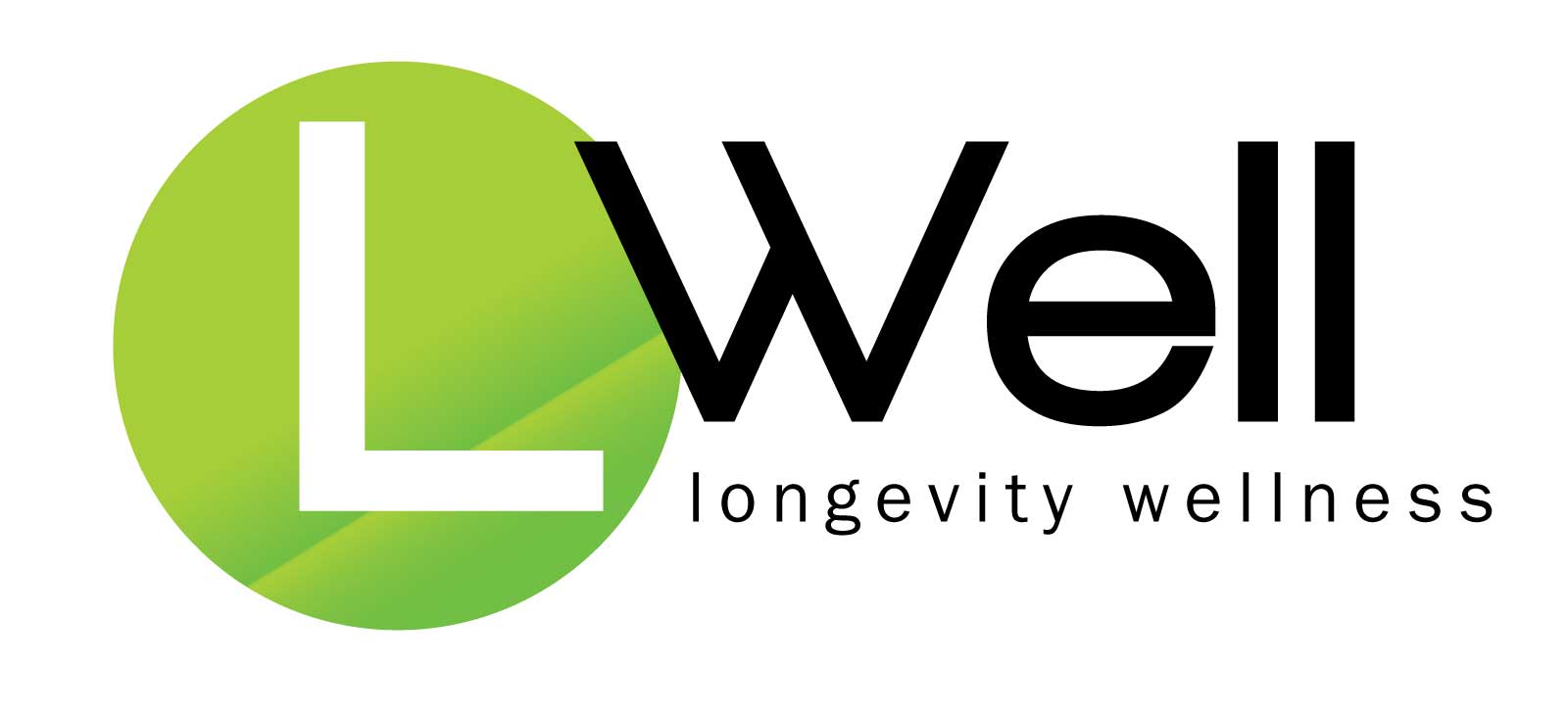Eating Disorders
Eating disorders and disordered eating patterns can take a significant toll on your physical health, emotional wellbeing, and overall relationship with food and your body. Whether you’re navigating restrictive eating, bingeing, purging, emotional eating, orthorexia, or cycles of guilt and shame, you’re not alone—and recovery is possible. At LWell, we meet you with compassion, not judgement, and offer individualized care that prioritizes healing, nourishment, and long-term resilience. Our multidisciplinary approach supports clients through different stages of recovery, helping to restore not just weight or labs—but confidence, balance, and peace of mind.
Red Flags of Disordered Eating Checklist
If you or someone you care about is experiencing several of the signs below, it may be time to seek support. Disordered eating can affect people of all body sizes, ages, and genders—and healing is possible.
Behaviors & Patterns
☐ Skipping meals or following strict food rules
☐ Bingeing on large quantities of food in one sitting
☐ Frequent dieting or yo-yo weight changes
☐ Exercising excessively to “earn” or “burn off” food
☐ Cutting out food groups without medical reason (e.g., carbs, fat)
☐ Eating very little during the day, then overeating at night
☐ Hiding food or eating in secret
☐ Feeling out of control around food
Thoughts & Emotions
☐ Constant thinking about food, calories, or weight
☐ Guilt or shame after eating
☐ Believing self-worth is tied to body size or control
☐ Fear of gaining weight, even at a healthy weight
☐ Anxiety in social situations involving food
Physical Signs
☐ Fatigue or low energy despite eating
☐ Dizziness, fainting, or missed menstrual periods
☐ Constipation or frequent stomach discomfort
☐ Hair thinning or brittle nails
☐ Cold intolerance or poor circulation
☐ Noticeable weight loss or gain without medical explanation
Lifestyle & Impact
☐ Avoiding social events due to food or body anxiety
☐ Checking the mirror or scale frequently
☐ Feeling panicked when food plans change
☐ Difficulty concentrating or feeling “foggy”
You don’t need to check every box for your concerns to be valid.
Disordered eating exists on a spectrum, and the sooner it’s addressed, the easier it is to heal.
Reach out for compassionate support—your body and mind deserve care.
Our Eating Disorder Treatment Options
Insurance-Based Nutrition Therapy with a Registered Dietitian Nutritionist
Our RDNs provide a safe, structured space to rebuild trust with food and body. They work collaboratively with your therapist or care team, offer meal support, nutrition education, and individualized recovery plans. Whether you’re in early recovery or dealing with disordered patterns like chronic dieting or emotional eating, sessions are tailored to support sustainable change—and are typically covered by insurance.
Treatment with an Integrative/Functional Medicine Provider
For clients whose eating challenges are connected to gut imbalances, nutrient deficiencies, hormone issues, or chronic stress, functional testing can uncover contributing root causes. Providers address these with targeted therapies—like microbiome support, adrenal balancing, or personalized supplements—while respecting the sensitivity and mental health components that often accompany disordered eating.
Your Health Journey Starts Here
Request an Appointment
Or call — 757-585-3441


